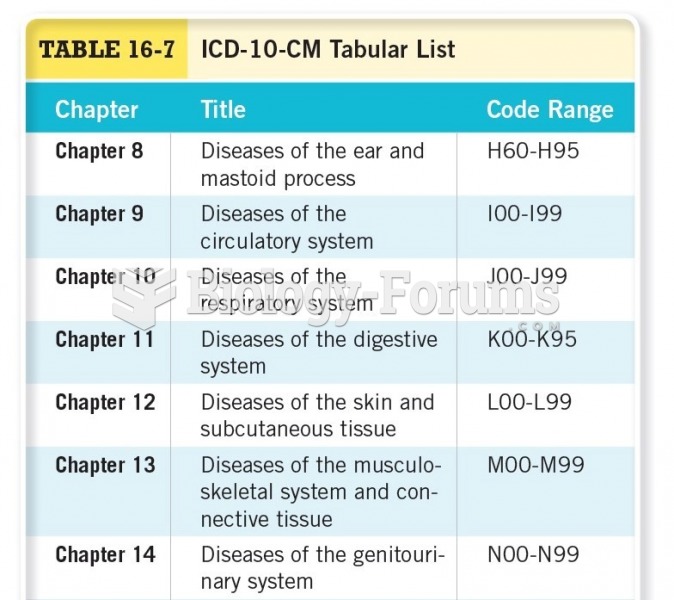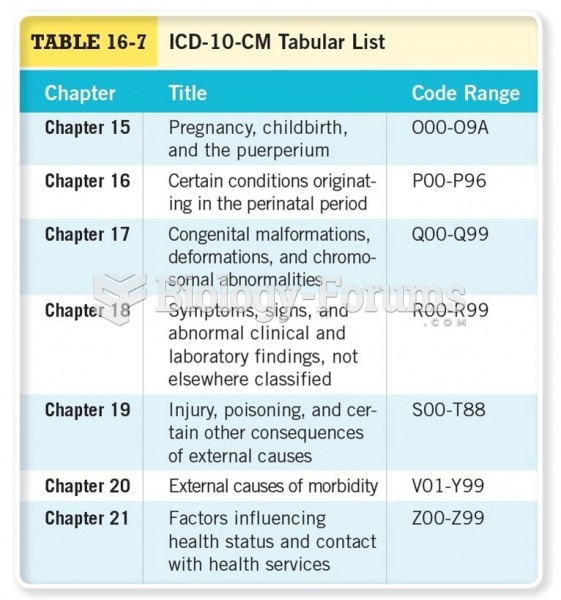Answer to Question 1
They are rules of personal and professional conduct that are vital to one's success.
1 . Practice what you preach: You must lead by example, remembering that actions speak louder than words.
2 . A day's pay for a day-and-a-half of work: The chief must put in long hours to accomplish all that needs to be done, at the expense of personal freedom.
3 . Maintain and promote integrity.
4 . Develop a positive image: The chief executive is also responsible for the morale of the employees; although law enforcement can be filled with bad news, disappointment, and failures, the chief must work to accentuate the positive.
5 . Remain committed: The chief must be committed to implementing the agency's goals, mission, and values.
6 . Be respectful: Be prepared to stand up for employees who have performed admirably while being fair, firm, concerned, and sincere.
7 . Accept assistance from others: This will build a teamwork approach, although the chief remains the final authority in the agency.
8 . Be eager for knowledge: Stay abreast of technology, current events, and topics that impact the community, and current management, leadership, and administration trends and issues.
9 . Maintain a healthy lifestyle: One who is physically fit is better able to perform and react to the demands of the position.
10 . Set personal goals: Having reached the helm, one should still review short-, medium-, and long-term objectives and skills that need development, to assist in establishing a future direction for oneself as well as for the organization. Along with career goals, personal goals should be examined.
Answer to Question 2
To obtain the most-capable people for chief executive positions (and also for middle-management and even supervisory positions) in policing, the strong method has proved to be an efficacious means of hiring and promoting personnel. The process may include interviews; psychological tests; in-basket exercises; management tasks; group discussions; role-playing exercises such as simulations of interviews with subordinates, the public, and news media; fact-finding exercises; oral presentation exercises; and written communications exercises. The first step is to identify behaviors important to successful performance in the position. Individual and group role-playing are valuable hands-on exercises during the selection process. During each exercise, several assessors or raters analyze each candidate's performance and record some type of evaluation; when the assessment center process ends, each rater submits his or her rating information to the person making the hiring or promotion decision. Assessment center procedures are logistically more difficult to conduct, as well as more labor-intensive and costly, than traditional interviews, but they are well worth the extra investment.







